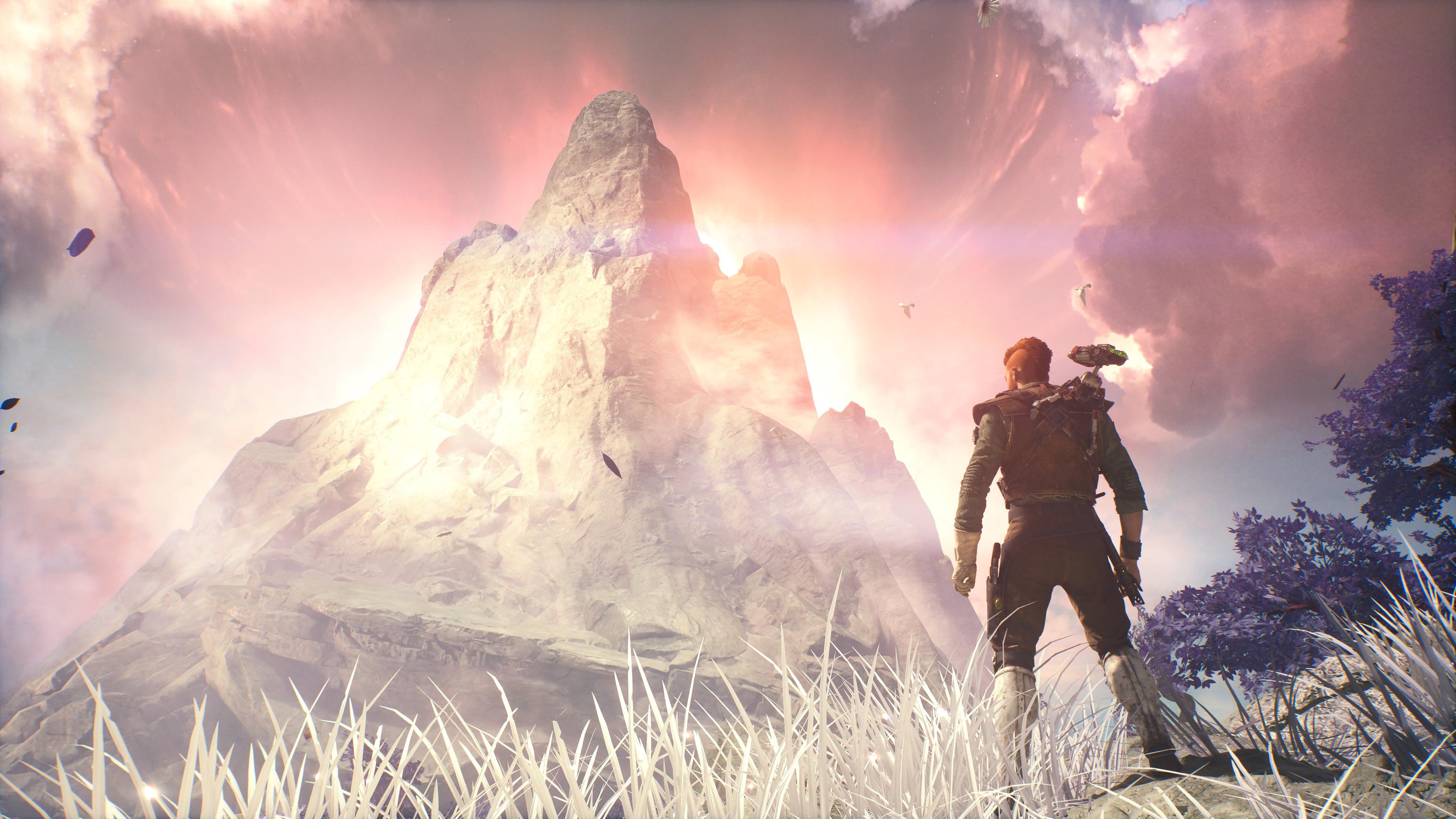In the end, the ruleset is chosen by the TO of the tournament. I've attended a handful of tournaments with odd rules; 4 man free for all, last two alive move on, was probably the weirdest. Again, that was the decision of the TO. My buddy and I simply made sure we were in the same bracket, then played it like a 2 v 1 v 1. It was an easy win, and we agreed to split the prize!
This website lists some of the basic ground rules for a tournament;
- 2 or 3 stocks (depending on region, european tends to do 3 stock)
- 6 or 8 minutes (again, depends on stocks)
- Items turned off
- Pause disabled (to avoid a player accidentally pausing, which would end in a lost stock anyway)
- Stalling is banned (again, TO preference)
As there is some confusion as to what stalling refers to, let me explain from what I've seen in multiple Melee and Smash 4 tournaments. When these tournaments are played, and especially when they are streamed, things need to go quickly. While people enjoy the tournament scene, no one wants to be there until 3AM.
Stalling could be one of two things; taking too long between sets/games, and stalling in the game. Most large scale Majors are limited to 30-60 seconds between matches, allowing some minimal time for coaching and stage striking, or a quick breather after an intense match.
Otherwise, stalling in game could be things like ledge camping. While wildly popular in Brawl and Project M, ledge camping is quite hard in Smash 4, as there is no invincibility frames after a ledge re-grab. Regardless, there is usually a limited number of times that a player can stall on the ledge before needing to get back into the action. To the best of my knowledge, there is no set in stone rule for this, and is largely up to the TO's discretion.
- Best of 3 or 5, depending on size of tournament/TO preference
(best of 5 is typically reserved to top 32, but depending on the size of the tournament, could be top 16 or top 8).
Those are the basic rules. As for stage striking, the standards are usually Final Destination, Battlefield, Smashville, and Town and City. Other tournaments can allow stages like Dreamland, Duck Hunt, and Lylat Cruise. In an agreement between two players (a gentleman's agreement), a different stage may be picked if both players accept.
These are rules that are typically agreed upon by the community at large, and most of the large tournament organizers.

